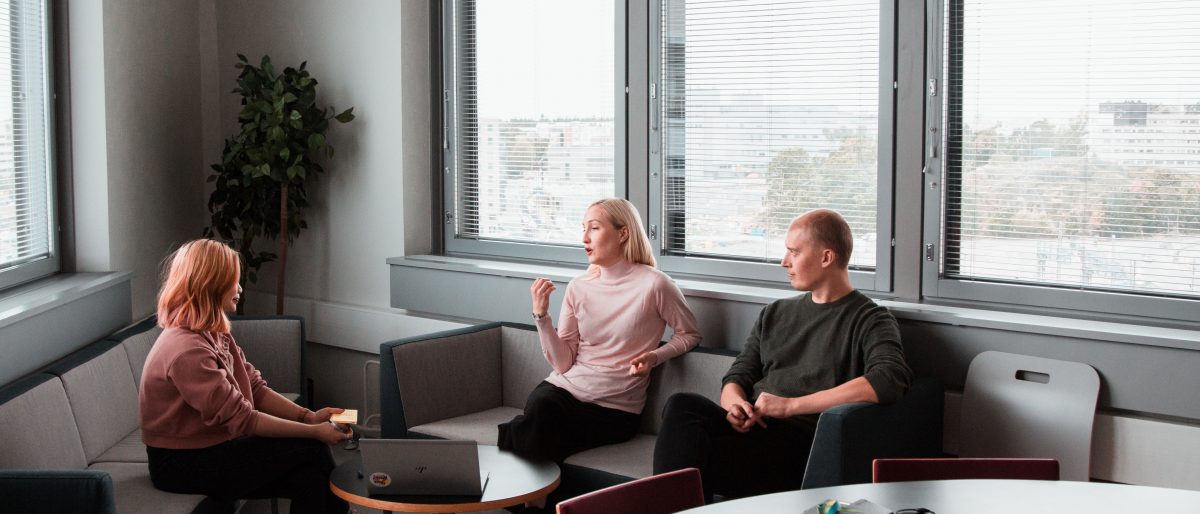The role of young people as independent actors in their own right, able to define and become architects of their own future has changed over the years. Left to choose themselves young people in Europe want to participate. Many tools for youth participation already exist.
In our previous blogs we looked at formal education and different models of pedagogy, at youth work in communities, and the impact of youth led direct democracy, including the issues around leveraging social media in positive ways.
In our most recent blog we looked at approaches such as hackathons, cultural exchanges, sortition and so forth as means to promote the rights (and the responsibilities) of young people and how they offer new ways young people might shape and influence their world. And their present day school, neighbourhood or city as well. Young people don’t perceive themselves as future citizens. Arguably that is simply what adults tell them they are, as a way to put off the full potential of youth power to another later time.
In fact, in light of the way young people are engaging in direct democracy, the challenge may better be framed as;
‘to bring greater impact, how might we help young people channel their appetite for participation’?
Impact, in this case, meaning deploying types of participation and learning that lead to lasting change, to the benefit of young people and wider society.
Participatory Budgeting, and in particular its use in schools and within informal youth work settings offers a way for young people to express their citizenship and get greater access to real resources and real power.
As former Vancouver chief city planner Brent Toderian once commented:
“Remember, the truth about a city’s aspirations isn’t found in its vision. It’s found in its budget.”
Replace the word city with school, or community, and we see how money matters, whatever the setting. Participatory budgeting’s unique focus on democratic resource distribution ensures that when placed in both formal or informal spaces used by young people, and when structured to enable their participation and learning, the decisions are youth-led and impactful, as shown in our many case studies.
Taking the next step, and combining participatory budgeting with other processes, such as legislative theatre, or deliberative citizen assemblies can add additional legitimacy and depth to the work of educators and youth workers and enable more young people find the power in hearing the echo of their own voice.
Photo by TienDat Nguyen on Unsplash
